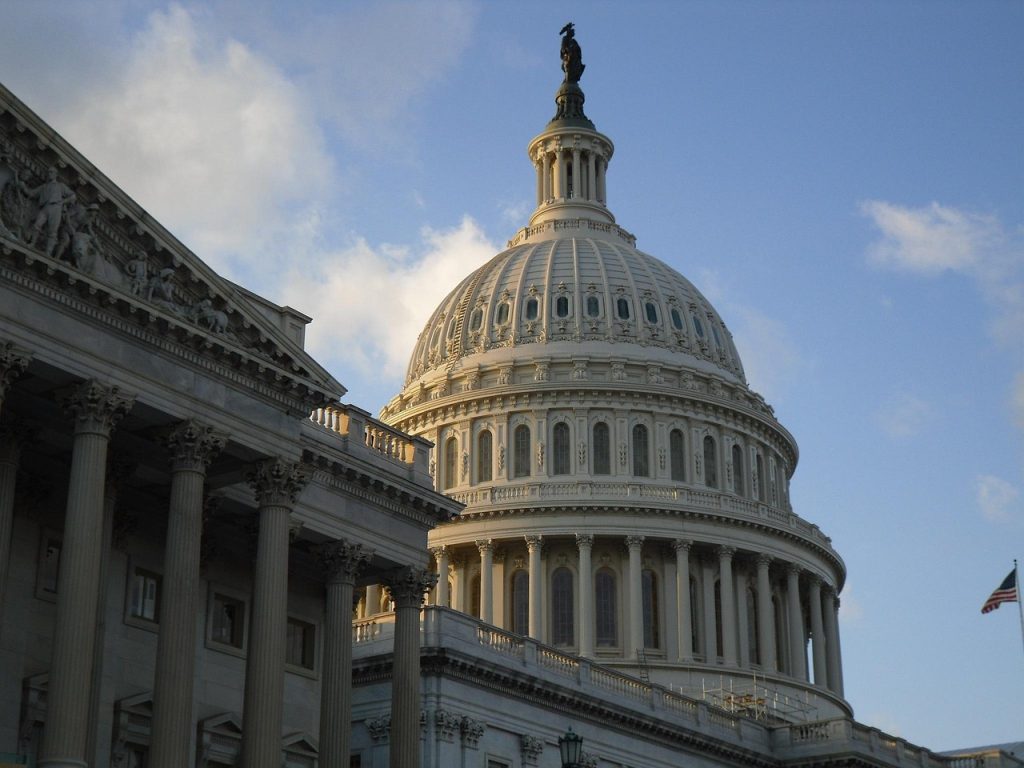In a surprising twist, the Washington, D.C. city council has chosen to permanently reinstate the tip credit, despite the 2022 vote by residents to phase out the tipped minimum wage by 2027 through Initiative 82 as reported by Nation’s Restaurant News. This decision marks a significant pivot in the ongoing conversation about fair wages in the hospitality industry. The council’s move indicates a careful balancing act between economic concerns and the aspirations of workers who rely on tips as a substantial part of their income.
The council’s decision to slow down and cap tipped wage increases underscores the complexity of budgeting and labor policies, especially within the context of a nearly $22 billion budget. This heated debate reveals the challenges of aligning legislative actions with public opinion and economic realities. The amendment to Initiative 82 during a contentious budget hearing highlights the ongoing struggle to address the needs of workers while maintaining the financial viability of businesses.
This decision sets the stage for what’s next in the ongoing dialogue about wage structures in the U.S. restaurant industry. As cities nationwide grapple with similar issues, D.C.’s approach may influence future policies elsewhere. How will this decision impact restaurant workers and businesses in the long run, and could it lead to a broader reevaluation of tipping practices across the country? Engaging with these questions may uncover new pathways towards equitable solutions in the ever-evolving landscape of food service labor.


